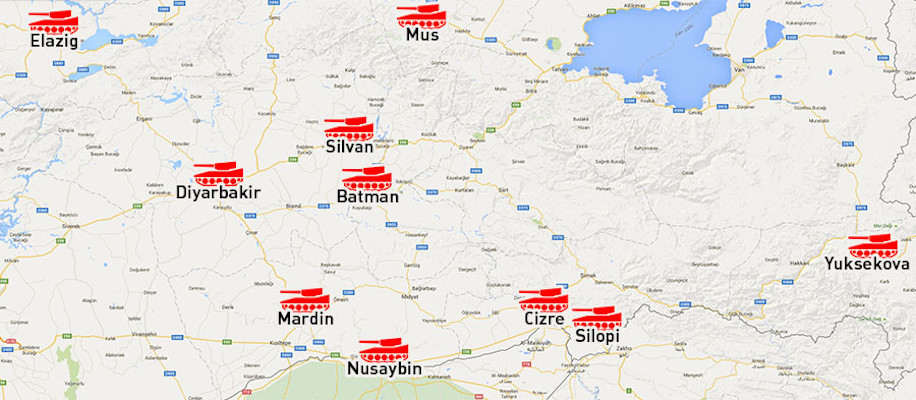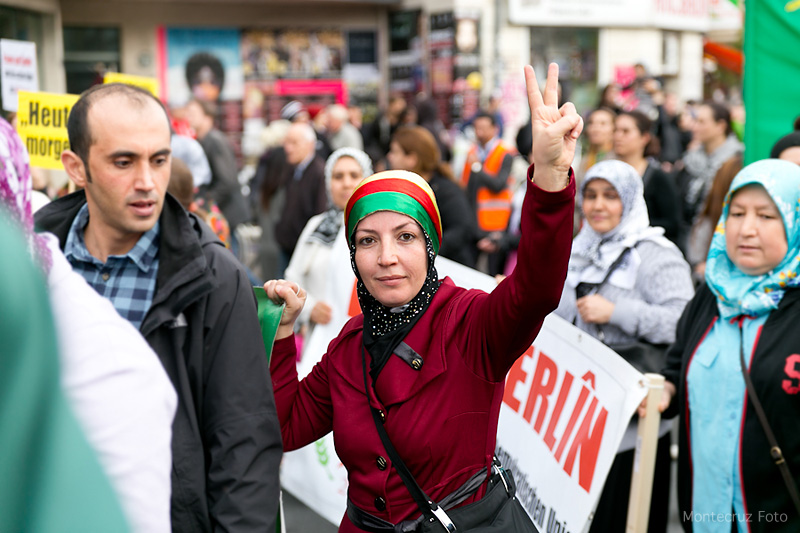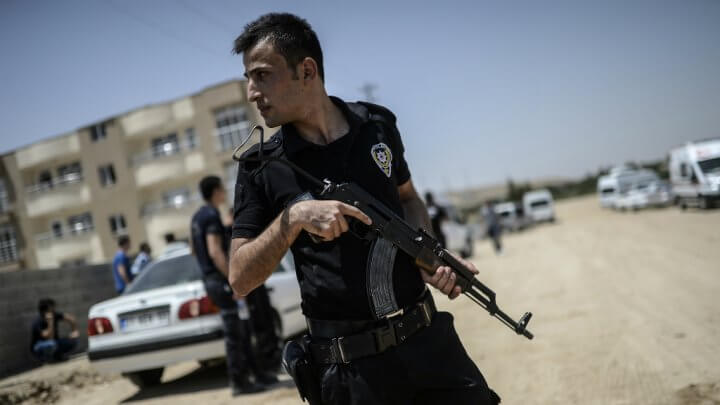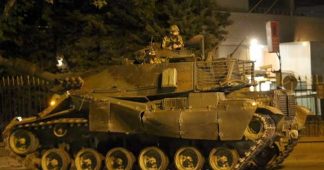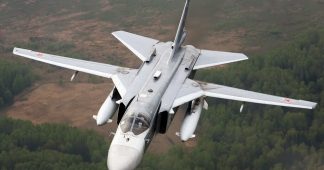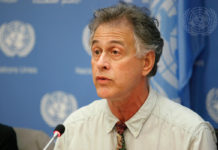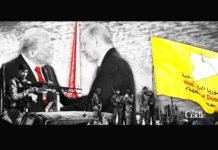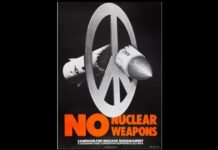Harrowing accounts of an alleged massacre of dozens of Kurdish civilians in the southeastern Turkish town of Cizre have been collected by RT’s William Whiteman, who traveled to the area following reports of a brutal military crackdown on the population.
Reports of Turkish troops slaughtering hundreds of civilians trapped in the basements of Cizre, which is located in Turkey’s Sirnak province, first surfaced in February. Some 150 people were allegedly burned to death in one of them.
That particular claim was made by Turkish MP Feleknas Uca from the pro-Kurdish Peoples’ Democratic Party, who spoke to Sputnik agency. These and other trapped people were reportedly denied access to food and medical supplies. However, until now, the alleged atrocities committed by the Turkish forces could not be substantiated on the ground.
Whiteman found witnesses who survived the offensive and were able to show the exact place of the mass killing, while providing terrifying details on what had happened.
“I wouldn’t wish this on anyone. Erdogan has destroyed our world. He has burned us,” said a female witness, while showing blood stains on the debris of the deadly building.
“Three, four – maybe five hundred people. There were old people, women and children – some as young as 10 years old. They killed a heavily pregnant woman,” added the woman, blaming Erdogan for indiscriminately killing innocent people during the so-called counter-terrorism operation against Kurdistan Workers Party (PKK) separatists.
“Women and children lived here. Erdogan killed all of them with heavy artillery, he destroyed this home,” added the woman.
“They claim they are fighting ‘terrorists’ – but where are the terrorists?” she said, arguing that all of the victims had been civilians.
While inspecting the town, Whiteman reported a strong scent of decomposing bodies. This led him to another chilling discovery – a building whose basement has served as a mass grave.
Between 45 and 50 people were burned alive in one of the buildings, according to a local woman speaking to Whiteman. What is worse, many of the victims appear to have been cold-bloodedly beheaded by the Turkish troops, she said.
“They [Turkish forces] burned all of them. When we entered this basement we found decapitated bodies,” the witness told Whiteman. “They burned them and beheaded them.”
RT has submitted the footage shot in Cizre to HRW (Human Rights Watch), MSF International and MSF Middle East (Médecins Sans Frontières), the ICRC (International Committee of the Red Cross), the OHCHR (Office of the United Nations High Commissioner for Human Rights), and Amnesty International. The channel asked if the organizations in question are planning to investigate the claims of Turkish forces’ atrocities against civilians there, and if any statements will be made.
Ever since the military operation on the Kurdish population in the Cizre region began, members of the European Parliament have been addressing Turkish president Recep Tayyip Erdogan in open letters and public speeches, calling on him to put an end to the violence in Turkish regions inhabited by Kurds.
“The objective of the Erdogan government is to completely have a genocidal campaign against the Kurds, because that’s what’s now occurring,” said Gregory Copley, editor of the journal Defense and Foreign Affairs. “This is now genocide, because the Turkish government has denied that there is any major military operation underway there.”
The Turkish military has clearly been using “heavy ground weapons” in Cizre and “possibly even air weapons,” he added.
Commenting on the violence in Cizre, Kani Xulam, director of the American Kurdish Information Network (AKIN), accused Erdogan’s government of war crimes.
“What the government of Turkey has done in Cizre is a war crime. They have attacked civilians who have not taken part in the fighting,” Xulam told RT, stressing that the Turkish military attacked Kurdish civilians that were not taking part in the fighting. “In a country that is aspiring to join the European Union and calls itself a member of NATO, you don’t target a whole town,” the expert said, adding that the “laws of war” imply making a distinction between civilians and belligerents.
According to data provided by the Turkish Human Rights Foundation, “178 civilians were deliberately targeted in three different basements and among some of the dead were children as young as nine to 10 years old…The government not only deliberately targeted and killed them, but also burned them. Some relatives were given piles of bones of their loved ones,” Xulam said.
Xulam believes that Ankara’s offensive against the Kurds stems from the fact that Erdogan wants to be an uncontested “supreme leader” or “sultan” of Turkey, which the Kurdish population and its MPs strongly oppose. According to Xulam, Erdogan’s goal is to make the significant Kurdish ethnic minority (15 to 30 percent of Turkey’s population by various estimates) accept “inferior” status as “subjects,” and stop demanding language and cultural rights, as well as autonomy.
The Turkish military operation against PKK militants in the southeastern part of the country was launched in July 2015, breaking a ceasefire agreement that had held for two years. At the time of the alleged mass murder in Cizre, Turkish state television announced that 60 “terrorists” were killed in a building basement. The operation in Cizre, which, according to Turkish Interior Minister Efkan Ala, was completed “in a very successful fashion,” officially ended early February.
The alleged atrocities have brought little reaction from Western governments, as Turkey is a NATO member state and crucial to stemming the refugee and migrant crisis gripping Europe.
Most criticism has come from international human rights groups. Amnesty International reported in January that at least 150 civilians, women and children among them, had been killed in the Turkish military operation, saying that some 200,000 people had been put at risk and were being denied access to services due to strict curfews.
“Cuts to water and electricity supplies combined with the dangers of accessing food and medical care while under fire are having a devastating effect on residents, and the situation is likely to get worse, fast, if this isn’t addressed,” said John Dalhuisen, Amnesty International’s Director for Europe and Central Asia, as cited in the report.
Pointing out the lax reaction to the human rights violations committed en mass by Turkish authorities against the Kurdish population, he urged the international community not to turn a blind on the conflict.
“While the Turkish authorities appear determined to silence internal criticism, they have faced very little from the international community. Strategic considerations relating to the conflict in Syria and determined efforts to enlist Turkey’s help in stemming the flow of refugees to Europe must not overshadow allegations of gross human rights violations,” he added.

